Copyright 2011 by Robert Lane Greene
All rights reserved.
Published in the United States by Delacorte Press,
an imprint of The Random House Publishing Group,
a division of Random House, Inc., New York.
D ELACORTE P RESS is a registered trademark of Random House, Inc.,
and the colophon is a trademark of Random House, Inc.
Portions of this book have appeared previously, in different form,
in The Economist and Slate.
LIBRARY OF CONGRESS CATALOGING-IN-PUBLICATION DATA
Greene, Robert Lane.
You are what you speak: grammar grouches, language laws,
and the politics of identity/Robert Lane Greene.
Delacorte Press: New York, 2010.
p. cm.
eISBN: 978-0-440-33976-2
1. Historical linguistics. I. Title.
P140.G74 2010
417.7dc22 2010038891
Cover art and design: The Heads of State
www.bantamdell.com
v3.1_r2
To my father, Wayne Greene
Foreword
by John McWhorter
W hen I was eight years old, my family, as most from Philadelphia will on occasion, took a day trip to New York City. We visited, as most families on such trips will at least once, the Empire State Building.
From that afternoon almost forty years ago, I retain only a vague recollection of what Connecticut looked like from the 101st-floor observatory (it was indeed the kind of clear day that allowed one that classic vista). To me, the highlight of the day, still sitting among assorted memorabilia in a box in my study closet, was the brochure for the tour. More specifically, the versions of the brochure in five languages other than English!
To me, the fact that there were ways of speaking other than English had been mesmerizing since I had first realized it a few years earlier. That sense of wonder never left me for some reason. That by my late twenties I was on a linguistics faculty and devoting a career to studying languages was not as much of a happenstance as it felt at the time.
Perhaps that sense of happenstance was due in part to the fact that being a linguist requires grappling ceaselessly with a dissonance between how you see language and how almost everyone around you does beyond the hallway where you work. You feel, in trying to discuss your career, vaguely unmoored, different.
The astrophysicist understands the composition and movements of heavenly bodies with a degree of detail unattainable by most. However, all readily understand in a basic sense why those heavenly bodies would interest him, and quite a few even share the interest from a fellow-traveler planetarium-style perspective. The architect wants to create buildings; we know she does and understand why. The mechanic fixes our cars, and were glad. There is no disjunction between the mechanics sense of mission and our sense of it.
Things are different for the linguist. Linguists marvel at the basic fact that human speech is complex, in a fashion that combines the sprawling with the elegant. The linguist seeks to identify the system amid what seems to be chaos. The fundamental sentiment is one of wonder.
And of a global variety. The marvels are not only German and Russian, but the Hausa of Nigeria or the virtually unknown language of the Amazonian tribe. Seeing Myanmar cut off from outsiders indefinitely, we sometimes think of the fascinating linguistic richnesses that remain to be discovered there in some distant day.
Yet as time passes, the linguist finds that to most of the general public, language comes down less to wonder than to a rather censorious bifurcated sentimentnamely, that the vast majority of the worlds humans either speak something primitive or speak something badly.
Few would put it that way, of course. Rather, it falls out of, to put it in the terms of the scientist, their basic assumptions.
For example, the common idea is that a language is not real unless it is written. Language, under this view, is letters, not sounds. An unwritten language is undeveloped, typically ranked as such even by its speakers.
However, given that there are about six thousand languages and only a few hundred at most are written in any serious way, the common consensus is that all but a few of the languages spoken by humans are larval. Primitive.
Primitive like, say, the tiny language of Papua, Berik, in which you have to pack onto a verb not only a person marker like Englishs s but another one specifying what time of day the action happened, whether it involved a small or big thing, and whether that thing wound up up high or down low.
Or primitive like the language of the Caucasus Mountains, Kabardian, where the whole sentence He gave it to me is one word, with each piece of meaning composed of one syllable or even sound, pronounced roughly Kuh-s-a-y-uh-tuh-agh-s. Now, thats primitive. And then, when you put them all together and say the word, it actually comes out as just Kih-ZEE-taseven when you say it slowly! It all happens because of the same kinds of regular processes that make us say leaves instead of leafs, all and many more of which you have to learn if you want to speak Kabardian.
Linguists have found, in fact, no primitive language. By and large, unwritten languages are likely to be more complicated than English. Writing is ultimately just scratches on paper, a useful but flawed approximation of the sound of language. And sound, after all, is what language was from the dawn of modern humanity 80,000 years ago or before until just 5,500 years ago, when writing first emerged.
We perhaps find it easy to understand the folly of equating writing with linguistic reality from the common Chinese perception that Mandarin, Cantonese, and other varieties are dialects of the same language because they are all written with the same Chinese characters. Clearly, we think, even if all of the Chineses use a character  for I, if Mandarins rendition of the word is wo, Cantoneses is ngh, Taiwaneses ga, Shanghaineses ng, Hakkas ngi, and Gans , these are no more dialects of one language than French, Spanish, and Italian are. The writing is something quite different from the languages.
for I, if Mandarins rendition of the word is wo, Cantoneses is ngh, Taiwaneses ga, Shanghaineses ng, Hakkas ngi, and Gans , these are no more dialects of one language than French, Spanish, and Italian are. The writing is something quite different from the languages.
Yet in the same way, the idea is equally contingent that even a single language is the way that it happens to be written and that a language unwritten is therefore less of a language than one that is. Berik has barely ever been written, yet it most certainly is, with a complexity that, if anything, makes it appear in closer touch with reality than English. The sense of writing as what language really consists of is a modern twist of mind, like the sense that conventional travel occurs at the rate of at least sixty miles per hour.
Then there is the idea that as far as ones own developed language is concerned, you would never know it was developed from the way most people actually speak it. Linguists are familiar with the fact that after giving a presentation, they find that the audiences most urgent questions are about the fact that so many people speak incorrectly.
Lynne Trusss Eats, Shoots & Leaves, decrying the untutored usage of language, was a massive bestseller in mining this vein, to the dismay of Lane Greene in this book. Trusss publisher is also my own, and I highly suspect that they wish I would come up with a book that would stir up the same brand of indignation!

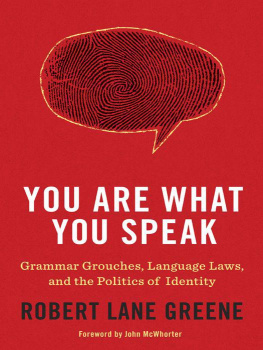
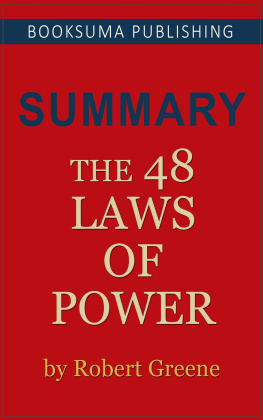
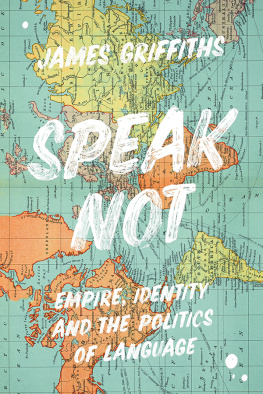
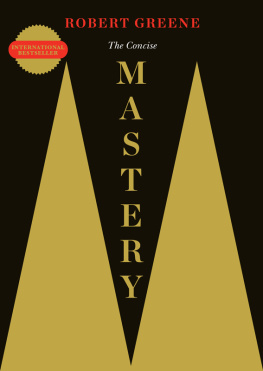
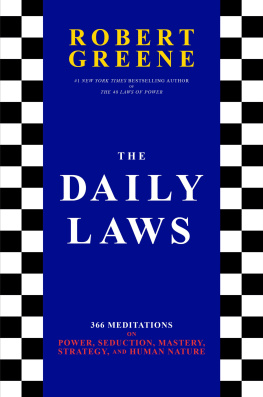



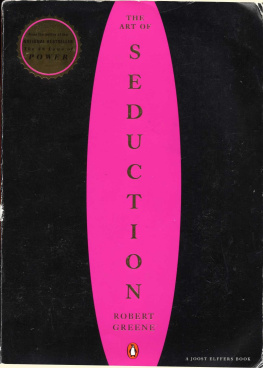

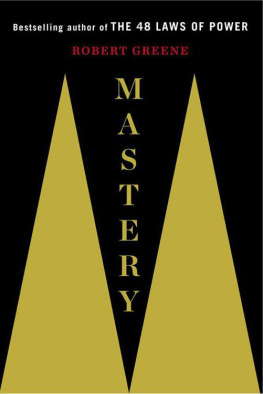




 for I, if Mandarins rendition of the word is wo, Cantoneses is ngh, Taiwaneses ga, Shanghaineses ng, Hakkas ngi, and Gans , these are no more dialects of one language than French, Spanish, and Italian are. The writing is something quite different from the languages.
for I, if Mandarins rendition of the word is wo, Cantoneses is ngh, Taiwaneses ga, Shanghaineses ng, Hakkas ngi, and Gans , these are no more dialects of one language than French, Spanish, and Italian are. The writing is something quite different from the languages.